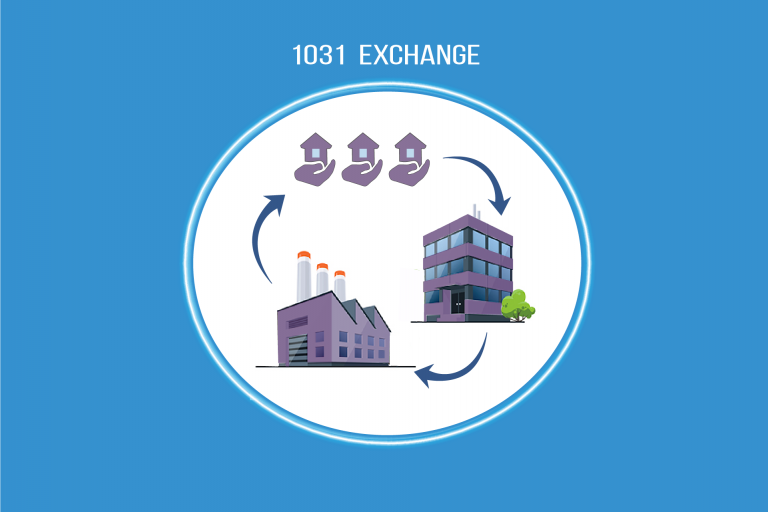A 1031 Exchange is a purchase that allows a venture capitalist to defer investment capital results taxation in the selling of an expense home by reinvesting the proceeds from the transaction in to a related house. The 1031 Exchange gets its label from IRS Segment 1031, which lays out your policies for these types of transactions.
To perform a 1031 Exchange Timelines and Rules, a number of essential techniques should be implemented. Initially, the home that may be for sale has to be properly recognized. The tax payer has 45 times in the day from the transaction to identify up to three prospective replacing qualities. The tax payer must then buy among those properties within 180 times of the transaction of your unique property.
If performed correctly, a 1031 Exchange might be a highly effective resource for brokers trying to defer capital results fees and boost their portfolios. Nonetheless, it’s important to note that a number of regulations should be put into practice for that trade being reasonable.
1031 Exchange Rules
To accomplish a 1031 Exchange, many important steps has to be put into practice. Initial, the property which is offered has to be properly determined. The tax payer has 45 days in the time of your purchase to identify as much as three prospective replacing properties. The tax payer must then acquire among those components within 180 times of the purchase of the authentic home.
If done efficiently, a 1031 Exchange can be a powerful resource for investors looking to defer money gains taxes and grow their portfolios. Nevertheless, it’s worth noting that several regulations and rules must be implemented for your exchange being reasonable.
Probably the most crucial regulations consist of:
The traded attributes must be “like-sort.” Which means that they have to be expenditure or company-use components presented for productive utilize in industry or enterprise or for expenditure reasons. Individual-use home including your main residence does not qualify.
Each qualities should be located in the United States
You can not get any money or another form of “boot” in your change. All profits through the selling of the unique property should be used to purchase your replacement home
These are typically just some of the countless regulations and rules that affect 1031 Swaps. For additional info on the best way to finish a 1031 Exchange, make sure you make contact with our workplace right now.
Summary:
A 1031 Exchange may be a terrific way to defer capital gains taxation and improve your investment stock portfolio. However, it’s worth noting that several regulations and rules apply to these sorts of purchases. Make sure to talk to a certified income tax specialist before doing a 1031 Exchange to ensure that you comply with all appropriate laws and regulations.



